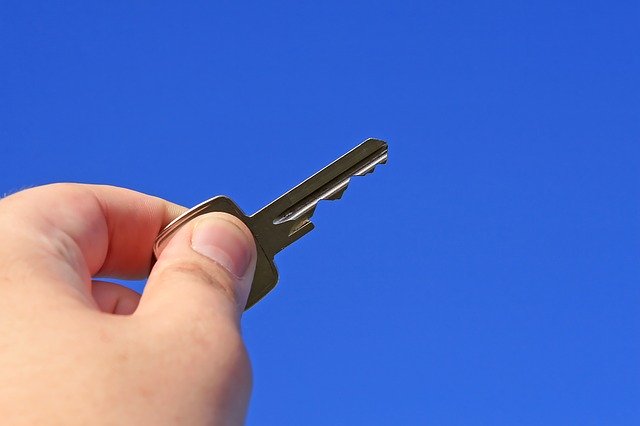
Whether you are buying for an investment, or for your own home, you simply need a buyer’s perspective of how to start. Look at the advice in this article to simplify real estate purchasing.
If you are thinking of relocating, do your research online about the area and neighborhood you are looking at. There is plenty of information available to you, even if you are thinking about moving to a small town. Prior to buying a property, take a look at the surrounding area’s population, employment levels and median income in order to determine whether you find the region appealing and promising.
If you made the seller an offer that was rejected, they may still find some way to make the home affordable so you buy it. Sellers will often cover repairs or closing costs, in order to help a buyer afford the property.
Individuals with families, either existing or planned for the future, should shop for homes with enough square footage to handle an entire family. Your new home should be equipped for safety; consider this wisely if your home has a swimming pool or steep stairs. By purchasing a home whose previous owners had children, it should be guaranteed to be safe.
Consider the long term picture when you are shopping for a new home. Even if you currently do not have children, if you are planning to have kids in the future, it is a good idea to find out if the area schools are of high quality.
Keep an open mind in regard to what elements are the most critical in your real estate hunt. Perhaps you are not in a position to afford the house you really want. If you can’t find the house you want in the location you desire, look for that type of layout in an alternate location or vice versa.
Closing Costs
If you’re relocating, there is much information you can find online about your new neighborhood. Using the web, you can nearly become an expert on the area without even leaving your home. Consider all of the area’s demographics: population, unemployment rate, median salary, the number of households with children and the average age of the residents, before committing to a real estate purchase.
Make sure that you have a little bit of extra money put away in case any unexpected costs pop up when you’re buying a home. You can get a good idea of the closing costs if you add the down payment, taxes and what the bank charges. Closing costs might consist of extra fees such as taxes, bonds, or fees based on the local area.
The difference between failure and success as a buyer is the ability to know how to work within the market. Placing yourself in the successful category often comes down to information. The article above provided you with some insightful ways to do just that. The ball is now in your court.
Sorry, the comment form is closed at this time.